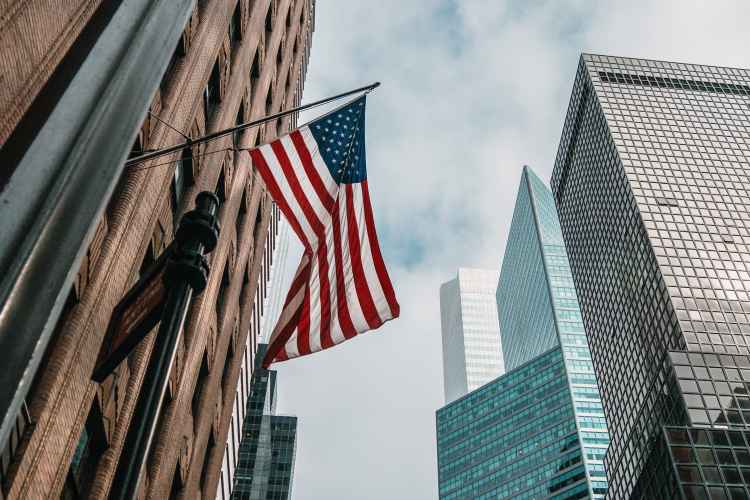
The US has decided to withdraw its support to some proposals on digital trade by the World Trade Organisation (WTO), recognising the importance of national security concerns raised by several countries including India. The Trump administration had advocated free cross-border data transfers without the need for data localisation or a review of software source code. However, this proposal was withdrawn at the WTO’s joint statement initiative on e-commerce. India has consistently opposed global rules on e-commerce as well, and the latest stance of the US on digital trade validates India’s position.
New Delhi had previously rejected the e-commerce proposals, citing concerns that such rules could strengthen the dominance of large e-commerce companies at the expense of smaller local firms, and had abstained from the JSI initiative on e-commerce. The JSI initiative is a plurilateral grouping that includes the EU, Switzerland, Australia, New Zealand, Japan, Korea, and Canada. The change in US position is likely to hinder the ongoing efforts of the other JSI members to make a strong case for global e-commerce rules at the WTO’s 13th Ministerial Conference (MC13) in February 2024.
READ | Byju’s debt crisis hits investor confidence, sends edtech valuations crashing
Global trade analysts believe that the US decision will prompt a re-evaluation of national e-commerce policies worldwide, as Washington plays a dominant role in the global digital landscape. This could lead to a reshaping of future digital trade agreements, with a focus on ensuring ample policy space and revisiting national digital trade strategies.
India has maintained a protective stance regarding sharing data with other countries and has expressed its preference for retaining control over its data rather than allowing cross-border free data flow. This stance has been reflected in Free Trade Agreements, including the Indo-Pacific Economic Framework on digital trade. India’s protective approach stems from the fact that both China and India are major data generators, and Beijing has already taken measures to safeguard its data.
India also emphasises the need for flexibility in data-sharing with domestic companies while remaining cautious about international tech giants. The country does not blindly trust US standards on artificial intelligence and has expressed concerns about potential biases in such standards.
The US decision to withdraw support to the e-commerce proposals mirrors India’s reasons for staying out of the negotiations. Both economies aim to retain flexibility in digital policy, as they are sceptical of a handful of e-commerce players that could exert pressure on others and adversely affect the local industry, especially MSMEs.
The US is expected to review its approach to trade rules in sensitive areas such as data and source code. The broader goal is to strike a balance between the right to regulate in the public interest and the need to address anti-competitive behaviour in the digital economy. However, the move has faced criticism from some lawmakers and business groups in the US, who argue that it could disadvantage US firms and strengthen China’s model of internet censorship and government surveillance.
Meanwhile, India is in the process of formulating stronger data protection laws. Currently, the lack of comprehensive data protection laws means that new rules could potentially favour foreign companies, potentially affecting market access.
Additionally, India has raised objections against safeguard measures imposed by the EU and the UK on imports of certain steel products, arguing that these measures are inconsistent with global trade rules. Other WTO countries, including Switzerland, Russia, and Japan, have also criticised these measures. As countries vie for better market access and more profitable trade, the WTO has become a battleground for trade disputes. Last year, India proposed additional customs duties of 15% on 22 products imported from the UK, including whiskey, cheese, and diesel engine parts, in response to Britain’s restrictions on steel products.
India had stated in September 2022 that the restrictions on steel products had resulted in a decline in exports of 219,000 tonnes, with duty collection amounting to $247.7 million. The WTO, a Geneva-based global body with 164 members, frames rules and norms for exports and imports and adjudicates trade disputes among member countries. India has a substantial interest as an exporter of these products, and the next meeting of the safeguards committee will take place in April 2024.
